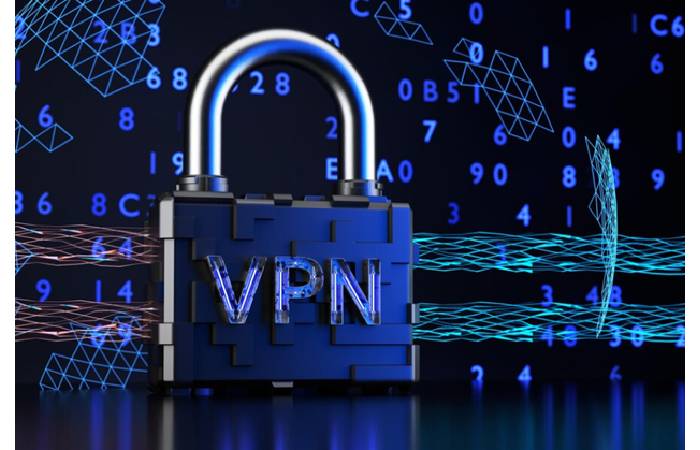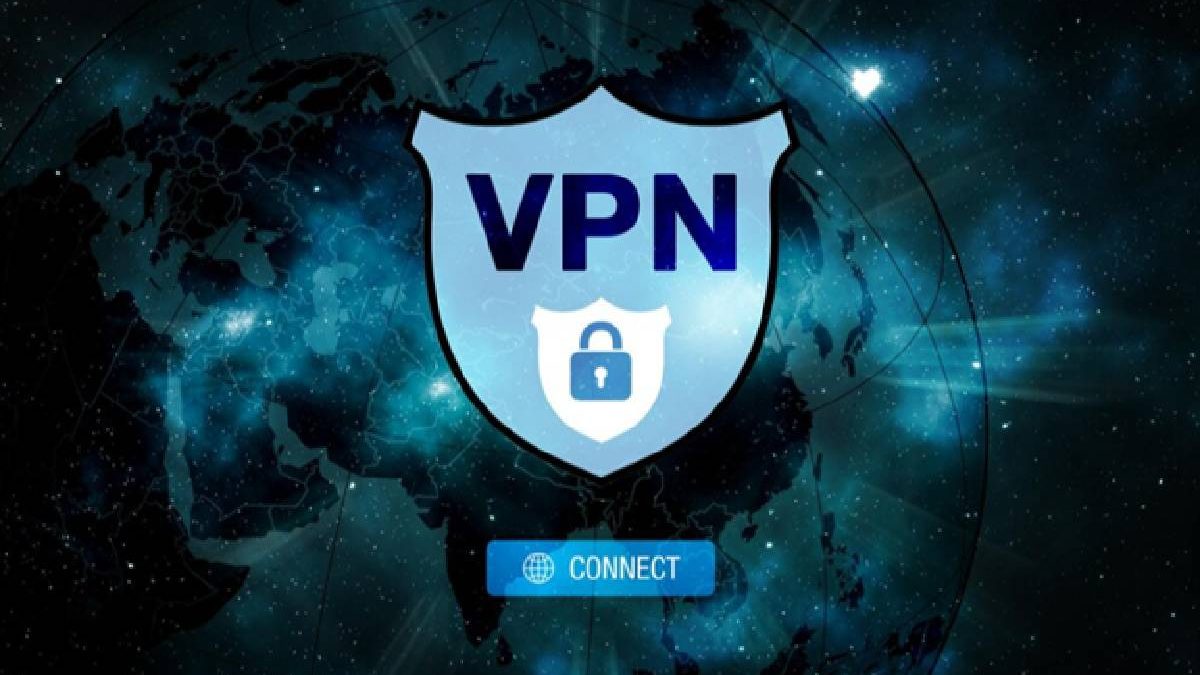In an increasingly digital world, online security has become a top concern. With cyber threats and privacy breaches on the rise, protecting your personal information while browsing the internet is crucial. One of the most effective tools at your disposal is a Virtual Private Network, or VPN. In this article, we will explore the importance of online security, the role of a VPN, and how to enhance your protection with the best free VPN services.
Table of Contents
Understanding Online Security
Online security refers to the measures taken to protect your personal information and data from unauthorized access, theft, or damage. In the age of information, we share our lives online, from personal messages and financial transactions to sensitive work-related data. With this boosted online presence comes the need for imporatnt security measures.
The Importance of Privacy
Privacy is a basic right in the digital age of every user. We all have the right to keep our personal information and online activities private. However, this right is constantly under threat from various entities, including hackers, advertisers, and even government surveillance. Protecting your privacy is essential to maintain control over your personal data.
The Role of a VPN
A Virtual Private Network, or VPN, is a powerful tool for enhancing online security and privacy. A VPN encrypts your internet connection, making it difficult for third parties to monitor your online activities. It also allows you to mask your IP address, making it challenging for websites to track your location and gather data about you.
Choosing the Best Free VPN
While there are many VPN services available, it’s essential to choose the best free VPN to ensure effective online security. Here are some factors to consider when selecting a free VPN service:
- Strong Encryption: Look for a VPN service that uses robust encryption protocols to secure your data. The industry-standard is 256-bit AES encryption.
- No-Logs Policy: A reputable VPN service should have a strict no-logs policy, meaning they do not store or track your online activities.
- Server Locations: Consider the number of server locations offered by the VPN service. More server locations mean greater versatility and better performance.
- Connection Speed: The VPN should provide a stable and fast connection to ensure a seamless browsing experience.
- Device Compatibility: Ensure the VPN is compatible with the devices and platforms you use, whether it’s Windows, macOS, Android, or iOS.
- Customer Support: Choose a VPN service that offers reliable customer support to assist with any issues or questions.
- Adherence to Privacy Laws: Ensure that the VPN service adheres to privacy laws and regulations in the country where they are based.
Advantages of a Free VPN
Using a free VPN has several advantages:
- Enhanced Privacy: A VPN masks your IP address, making it difficult for websites and advertisers to track your online activities.
- Secure Public Wi-Fi: When connected to public Wi-Fi, a free VPN encrypts your connection, protecting your data from potential hackers.
- Access to Restricted Content: A VPN can help you access geo-blocked or censored content by connecting to servers in different locations.
- Cost-Efficient: Free VPNs provide essential security features without the need for a financial commitment.

Tips for Using a Free VPN Securely
To maximize your online security with a free VPN, follow these tips:
- Update Your VPN: Keep your VPN software up to date to ensure you have the latest security features and bug fixes.
- Use Strong Passwords: Create a strong, unique password for your VPN account to prevent unauthorized access.
- Enable Kill Switch: Many VPNs have a kill switch feature that disconnects your internet if the VPN connection is lost, ensuring your data is not exposed.
- Be Cautious with Free Services: Some free VPN services may compromise your privacy by logging your data. Choose reputable options like those mentioned above.
- Read Privacy Policies: Familiarize yourself with the privacy policy of your chosen VPN service to understand how they handle your data.
Conclusion
Enhancing your online security with the best free VPN is a practical and cost-effective way to protect your privacy while browsing the internet. By selecting a reputable VPN service that prioritizes security and privacy, you can enjoy a safer online experience, ensuring that your personal data remains private and secure. Remember to follow best practices and tips to use your free VPN securely and responsibly.
Related posts
Sidebar
Recent Posts
Engage Your Students With Typing Website – MonkeyType
Introduction Are you looking for a fun way to improve your students’ typing skills? Look no further than Monkeytype, the…
The Power of Loyalty Platforms: Driving Customer Retention
Are you struggling to keep customers coming back to your business? Discover the power of Yotpo’s loyalty platforms in driving…



